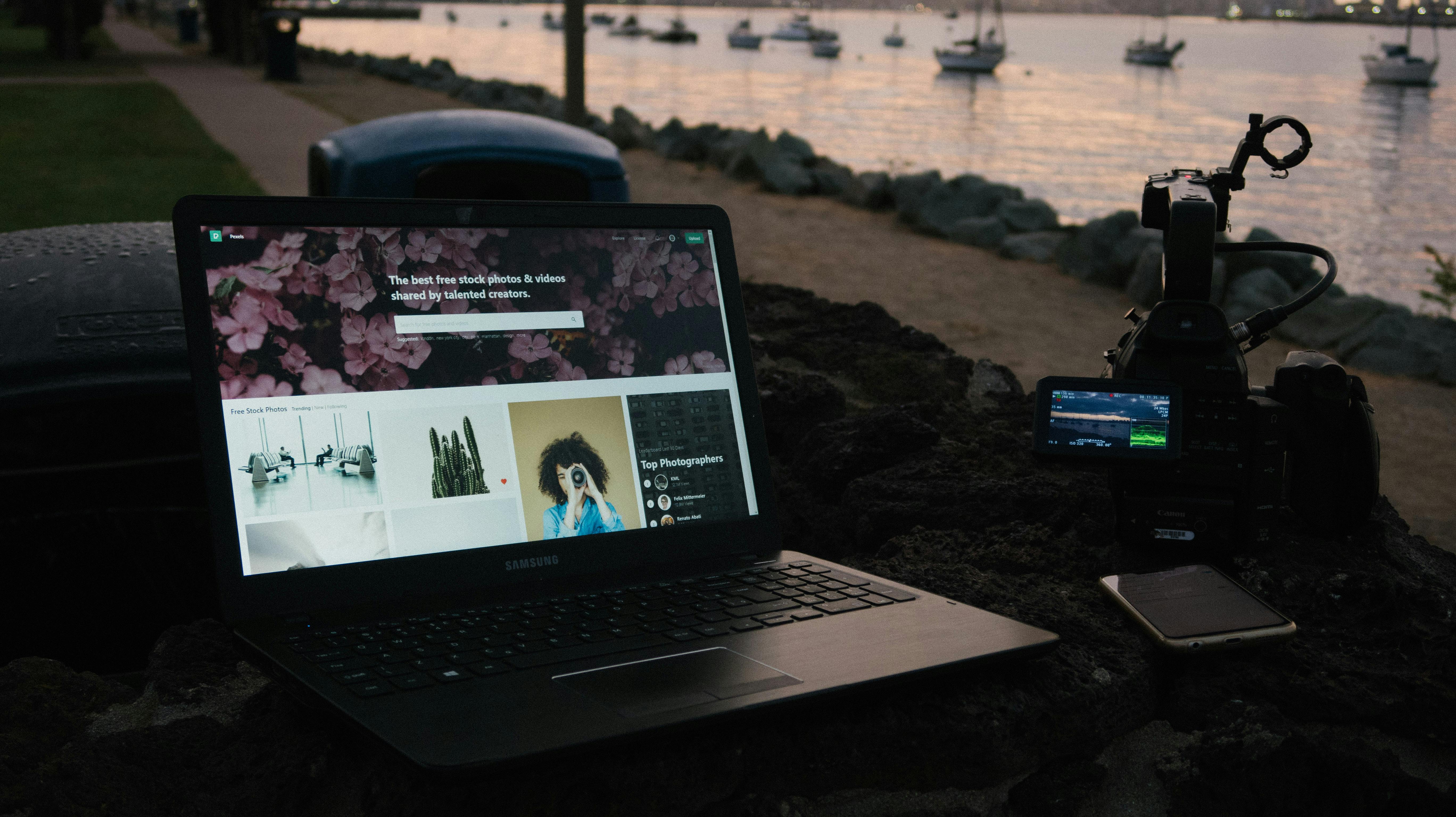The role of social media in education
There is a lot of debate in current theory about how appropriate it is to implement social networks in the recruitment processes of universities. Many argue that it is a dangerous step given the additional management and time required to control the messages and opinions that are expressed. However, there is no denying that the social media sphere is where the majority of a university’s target audience hangs out, so it would be idiotic to ignore the obvious potential…
Universities and Social Networks
There’s no denying that the vast majority of prospective students are social media savvy, so it makes sense for college marketing teams to venture down this path in their recruiting efforts. The days of paper brochures and bulky leaflets are fading fast and to remain relevant to students, it is imperative that universities abandon their obsession with tradition and pride and remember, as Renault keeps telling us… we live in modern times. Many colleges have already adopted these strategies by encouraging students to engage in friendly banter on their Facebook pages, or use them as a source for future students to engage with current student experiences. The big concern many universities have is, how do you stop people from publicly insulting you? Well, the answer… you really can’t, so get over it. If someone wants to write something derogatory, they’ll do it, and at least if they’re on your page, you can monitor those comments to see if they have any validity, and perhaps come face to face with some of the truths you choose to ignore but prevent recruiting. The fact is that social networking sites are basically self-regulating and all you have to do is facilitate.
Meaning, for every negative comment made, there will be someone waiting to refute it, often a happy student! It is important not to shy away from the bad because the fact is; no university is, or has ever been, above ridiculous. Rather than obsess over whether or not to take the plunge on social media, perhaps universities should be more concerned with the growing problem of online security, both on a practical level and in an educational context. Since all college students are legally adults, there seems to be less concern about protecting their online experiences. However, it is still important to discourage students from visiting inappropriate sites on campus, for their own safety, for the comfort of others, and indeed to allow for optimal student productivity. Furthermore, universities, as institutes of learning, should be a primary arena for educating people on the real threats and dangers inherent in unprotected online activity to make them more astute.



